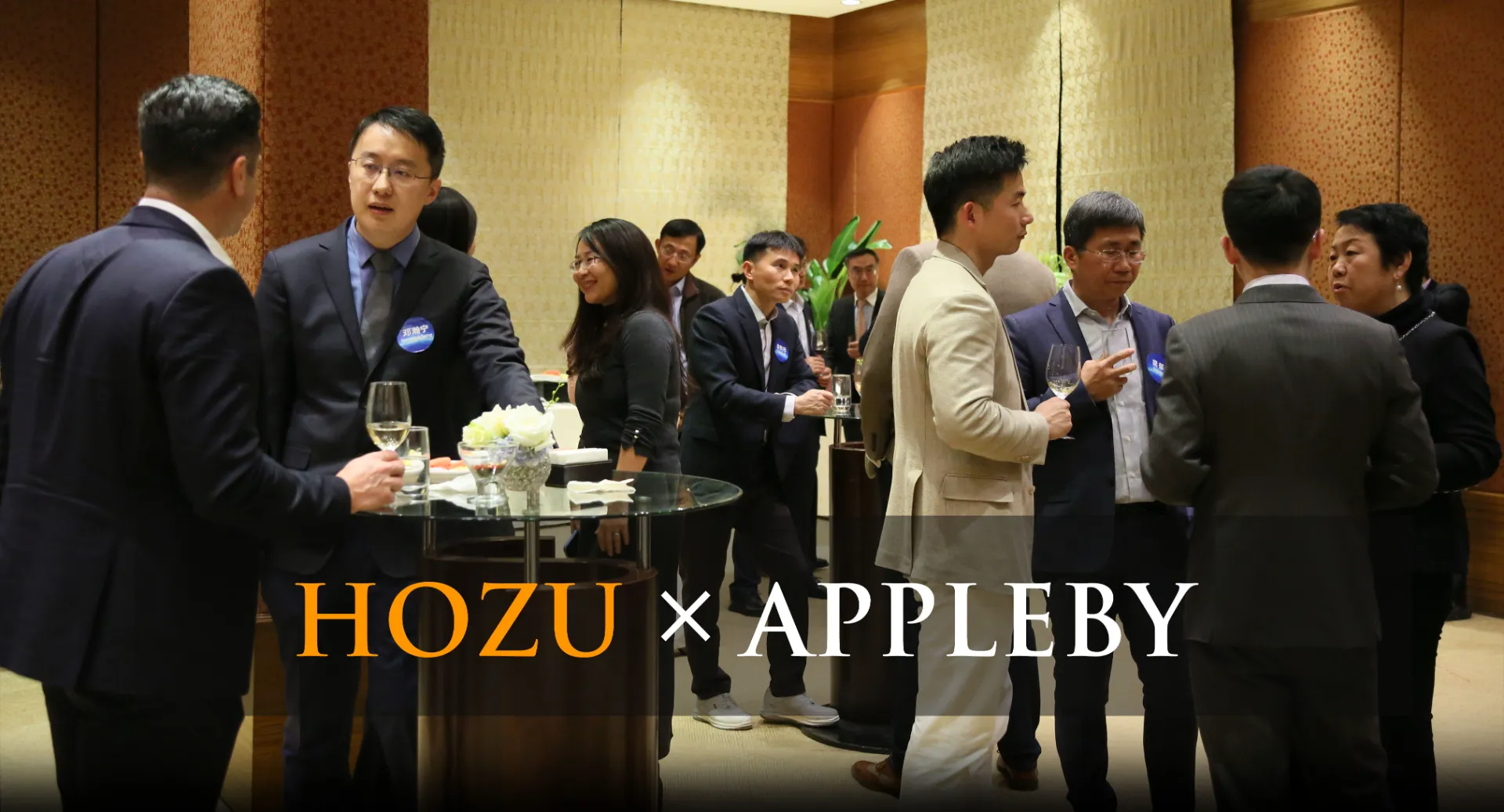News Details
HOZU Capital Hosts Global Symposium on Third-Party Funding in Beijing with Worldwide Arbitration Experts, Scholars, and Leading Funders
On September 25, 2024, HOZU hosted the International Symposium on Third-Party Funding in Beijing, where participants discussed the current trends in China’s TPF industry, the challenges it faces, and the potential value TPF could unlock for Chinese enterprises expanding abroad. The event featured speakers from major arbitration institutions, including CITAC, BAC/BIAC, CMAC, HKIAC, SIAC, and ICC, as well as academic institutions and leading international and Chinese third-party funders. It drew over 300 attendees onsite and more than 60,000 online, marking a milestone event for China’s third-party funding (TPF) industry.
Ø Keynote Speech
Prof. Rachael Mulheron KC of Queen Mary University of London outlined the rise and development of TPF in England and Wales, addressing issues of industry self-regulation and government oversight. Her talk covered TPF business models, funder fee structures, potential cost liabilities, ATE insurance, and protections for funded parties in the UK. She concluded with five key points about the UK market: (1) it is highly mature and complex, with numerous market participants including funders, brokers, and insurers; (2) both courts and arbitral tribunals recognize TPF’s legitimacy and value; (3) funders generally act on a for-profit basis, with fewer than 10% of cases attracting investment; (4) industry codes of conduct and minimum capital requirements regulate funders; (5) despite past disputes over funding structures and agreements, legislative reforms are underway to strengthen the regulatory framework.
Ø Roundtable Discussions
A. Arbitration Institutions’ Perspective
Prof. Fu Yulin of Peking University Law School moderated the first session of the roundtable, which featured representatives from leading arbitration institutions, including BAC/BIAC, CIETAC, HKIAC, SIAC, and the ICC.
Drawing on their institutional practices and experience, the panelists discussed recent updates to arbitration rules on TPF, particularly regarding disclosure requirements and conflict-of-interest safeguards. They also shared how their institutions have handled similar TPF-related issues in the past. They noted that TPF has developed rapidly in the Asian arbitration landscape and that leading arbitration institutions in Asia are generally open to the use of TPF in these proceedings. Meanwhile, they emphasized the need for continued institutional practice to fully assess TPF’s impact on arbitration, in order to better serve parties while safeguarding the integrity of the process.
B. Funder’s Perspective
Fei Ning, Senior Counsel at HOZU, moderated the second roundtable, which brought together leading international funders, including Burford, Omni Bridgeway, and Nivalion, alongside top Chinese institutions such as HOZU and the Dingsong Legal Innovation Group.
Panelists offered funders’ perspectives on third-party funding practices in China and abroad, addressing topics including case evaluation processes and funding criteria, the challenges and opportunities of funding intellectual property disputes, the interaction between arbitration rules on TPF and actual funding practices, and TPF’s distinctive role in managing risks for Chinese companies expanding abroad. They noted that both the client base and their funding demands are becoming increasingly diverse, prompting funders to expand their products and services accordingly. While expressing optimism about TPF’s growth in China, they also highlighted challenges unique to the Chinese market in light of international practice.
C. Law Firm and Claimant’s Perspective
Wang Jialu, Co-Founder of HOZU, moderated the third roundtable, which brought together legal and corporate leaders, including Jones Day, Quinn Emanuel, HuiZhong, Hongqiao Zhenghan, CSCEC International, and Anxin Securities Asset Management.
From the litigant’s perspective, panelists shared TPF’s common challenges and practical solutions in international arbitration and cross-border disputes. These included managing client expectations regarding case progress and outcomes, handling confidentiality and privilege issues, meeting disclosure obligations, and addressing potential conflicts of interest. They agreed that TPF’s unique value lies in facilitating dispute resolution and advancing access to justice, particularly in complex, cross-border litigation and arbitration.
Overall, the symposium provided a forum for academics, arbitration institutions, funders, and litigants to discuss the use and development of TPF in China, reinforcing optimism about the industry’s growth.





